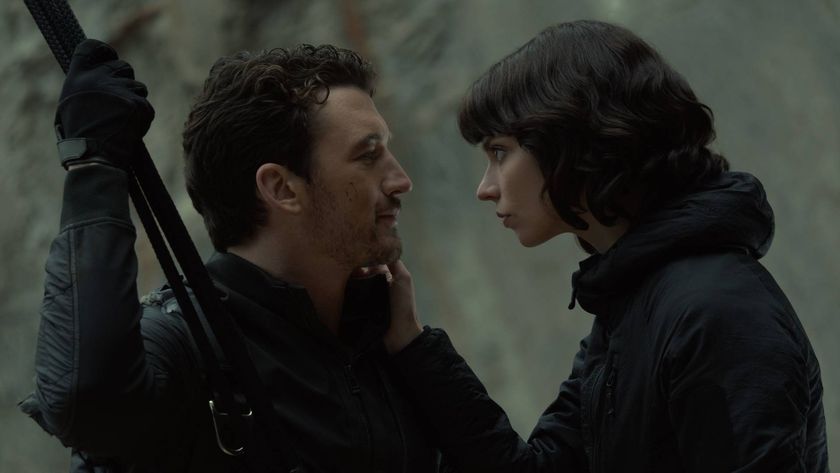EA secures a patent for the Apex Legends Ping system and it's giving it away for free
The EA Accessibility Patent Pledge is making its accessibility-led patents freely available to developers to "drive meaningful change"
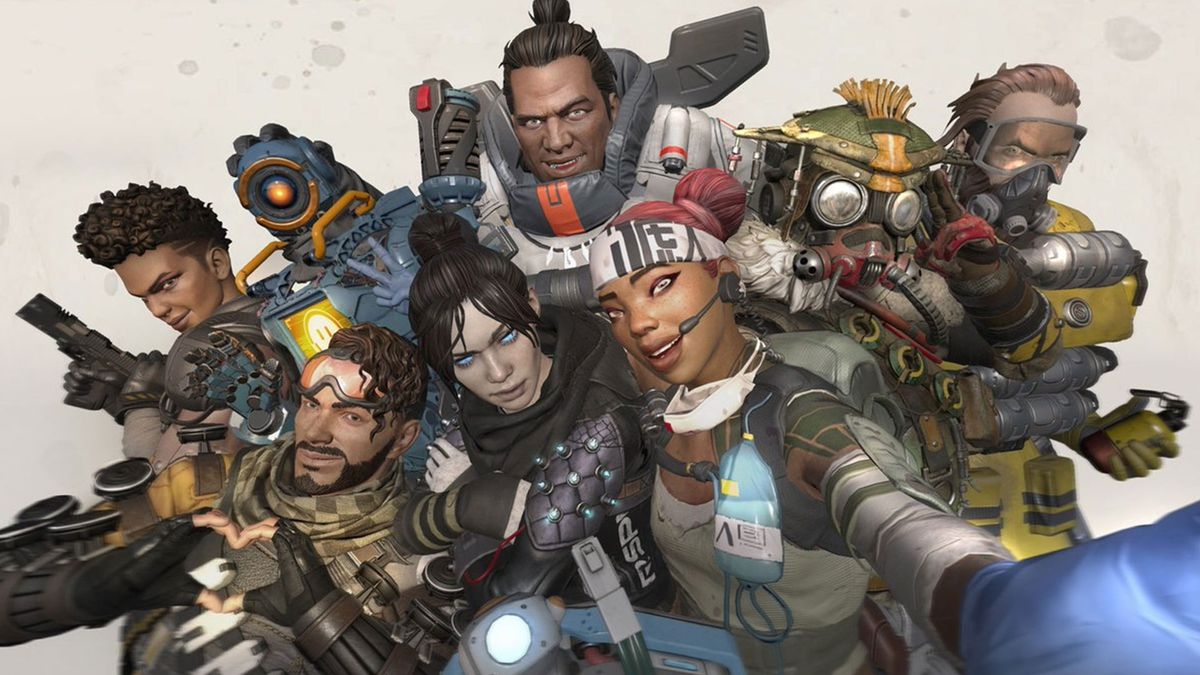
When Apex Legends first entered the battle royale arena in 2019, one revolutionary feature received a lot of praise and would go on to quickly appear in other genre games like Call of Duty: Warzone and Fortnite. Respawn's Ping system, which is used to enhance in-game communication and reduce toxicity, gives players a way to discuss tactical opportunities without needing to speak over voice chat. It also makes it easier to relay your location to teammates, and can be used to mark the presence of enemies, loot, attack points, and more. It may come as no surprise that Apex Legends publisher EA has protected this technology with a patent. What might surprise you, however, is that EA is opening the Ping system up to any developer that might want to use it in aid of improved accessibility.
Apex Legends' Ping system is among five accessibility-related patents EA is giving other developers free access to, all as part of a new EA Accessibility patent pledge. "By sharing these accessibility patents, we hope to encourage and support other developers to do the same," says Chris Bruzzo, EVP of Positive Play, commercial and marketing. "While we have long been committed to breaking down barriers within our games, it’s clear that we cannot do this alone, nor should we. We need to work together as an industry. We hope developers will make the most of these patents by building similar features in their own video games that make them more inclusive."
This accessibility pledge is "part of [EA's] commitment to positive play for everyone" and could have wide-reaching implications for improving the ways in which people are able to play. Take the Ping system: the feature is simple, contextual, and easy to use, and has undoubtedly reduced in-game toxicity by removing a reliance for voice chat. By allowing players to communicate visual commands and contextual audio through mappable controller inputs instead of a headset and microphone, the feature also makes Apex Legends more accessible to players with speaking, hearing, and cognitive disabilities. It's easy to understand how transformative this could be for games throughout the industry.
"Accelerating progress"
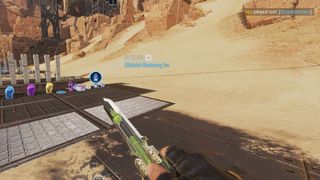
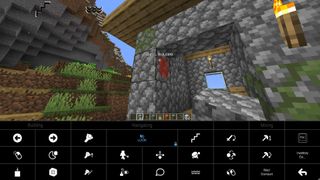
EA has been developing accessibility technology for a number of years now to help remove barriers between players and the publisher's biggest games. Companies typically take out patents to protect its innovations, but by opening up the pledge, EA believes it can help encourage more developers to think about accessibility. Along with the Ping system, three of the patents in EA's pledge relate to technologies that make games more accessible for players with vision-related issues. Some of EA's biggest sports franchises – such as Madden NFL and FIFA – feature a host of accessibility settings, including tech that can automatically detect and modify colors, contrast, and brightness in a game to make objects with similar luminosities more visible.
"Over one billion people in the world have a disability, which makes up around 15% of the global population," Bruzzo tells GamesRadar. "Over 2 billion players worldwide play video games, a diverse group of people, across all ages, genders, and abilities. For example, we estimate that half a million Madden players are impacted by colour-blindness, so it’s vital that we have the features we’ve built in-game that adjust the visuals in ways that enable these players to enjoy the game."
The figure Bruzzo shares demonstrates just how important such features are, and making them freely available is something EA hopes will lead to meaningful change by encouraging more collaboration within the industry. "The video games industry is already doing a lot to make games more accessible but we can always do more," Bruzzo says. "Our pledge is about accelerating progress by giving other developers the opportunity to expand on our ideas and technology. To drive meaningful change, we need to work together as an industry by sharing ideas and information so that we do better for all our players."
As part of the pledge, EA is also set to open-source code for tech that aids in color-blindness, brightness, and contrast issues. The code will be available on Github, which will allow developers worldwide to use and apply the accessibility features directly into their games. EA hopes sharing the code will encourage developers to adapt and build on the tech to make games more inclusive to an even wider audience of players.
Sign up to the 12DOVE Newsletter
Weekly digests, tales from the communities you love, and more
"We’d love developers to adopt the technologies in the pledge to make their video games more inclusive," says Bruzzo. "We’re keen to encourage open innovation among video game developers. Together, we can advance technology that helps reduce mismatches resulting from medical issues or disabilities."
The fifth patent covers personalized sound technology that helps players by creating or modifying music based on their hearing preferences or constraints. As EA continues to make developments, Bruzzo confirms that all future accessibility-led patents will be included in the pledge. "Our accessibility team is always listening to our players to understand where there are unmet needs we need to address," Bruzzo explains, "and all future accessibility-centered patents will be covered in the pledge. Watch this space!"
Working together
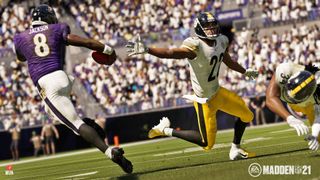
"It’s important to us that everyone feels welcome in our video games, and that level of inclusion has to be rooted in community feedback."
Chris Bruzzo, EVP of positive play
It's great to see a big name like EA commit to making its innovations in accessibility freely available in a bid to encourage a more collaborative approach within the industry. After all, if tech is easier for developers to access and make use of, the more likely it is that we'll see more games include features that can help break down barriers for players. But as well as collaboration, EA hopes the pledge may also inspire others in the industry to share their own advances in accessibility.
"We’d love it if others in the industry would get involved and share their own innovations in accessibility," Bruzzo expresses. "At Electronic Arts, we file patent applications to try to recognize, celebrate, and protect the innovative ideas born out of the hard work of our talented developers. We push them to think big – to come up with creative and bold solutions to existing and future problems. It’s therefore really important to acknowledge their efforts. We also firmly believe that patents stimulate innovation. When you patent a technology or idea, you publish technical information that would otherwise have never been accessible to the public. This equips developers with know-how and it advances the state of the art in game development."
"We think recognition and friendly competition in support of accessibility in games is a great thing. Let’s spur it on! Making video games accessible to all players is fundamental to achieving our mission," he adds, "which is why we’ve decided to go one step further with our new patent pledge. We hope others will join us to ensure we better serve our players."
Community player feedback plays an important role in making developments and improving accessible features like those covered in the pledge. Back in 2018, EA launched an accessibility portal which provides detailed information about the accessible features in each of its titles, and allows players to give feedback and offer suggestions about other improvements that could be made to make games more inclusive. Bruzzo expresses that making developments in accessibility with player feedback is a continuous journey, but hopefully the pledge will help drive improvements by bringing the industry together.
"We listen closely to our community via our accessibility portal to understand where there are barriers we need to address and where there are needs unmet. It’s important to us that everyone feels welcome in our video games, and that level of inclusion has to be rooted in community feedback," says Bruzzo. "These technologies exist to help more people around the world experience great games, and we’re very proud of the role our community plays in driving innovations that can make a difference. It’s a continuous journey, and there’s always more we can do. We hope our patent pledge will help accelerate this by bringing the industry together."
From the Mass Effect dialogue wheel to Shadow of Mordor's Nemesis System, here are video game patents that might surprise you.

I started out writing for the games section of a student-run website as an undergrad, and continued to write about games in my free time during retail and temp jobs for a number of years. Eventually, I earned an MA in magazine journalism at Cardiff University, and soon after got my first official role in the industry as a content editor for Stuff magazine. After writing about all things tech and games-related, I then did a brief stint as a freelancer before I landed my role as a staff writer here at 12DOVE. Now I get to write features, previews, and reviews, and when I'm not doing that, you can usually find me lost in any one of the Dragon Age or Mass Effect games, tucking into another delightful indie, or drinking far too much tea for my own good.
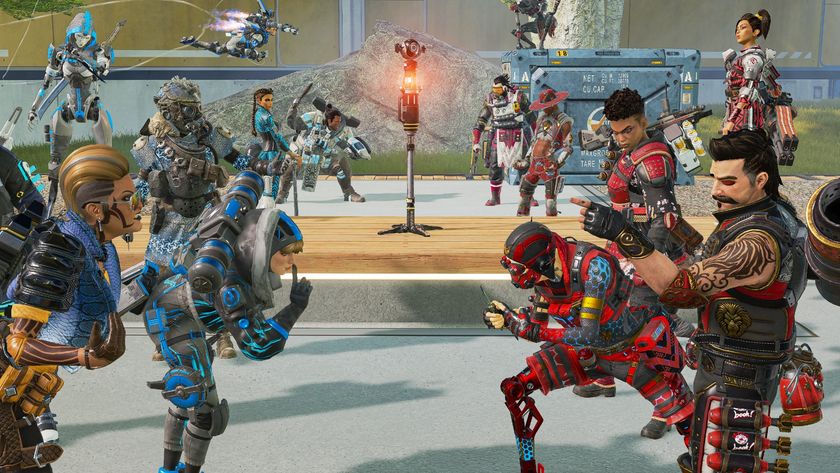
Months after ruling out an Apex Legends 2, EA CEO says "an even bigger, more meaningful" Apex 2.0 is on the table after Battlefield 6
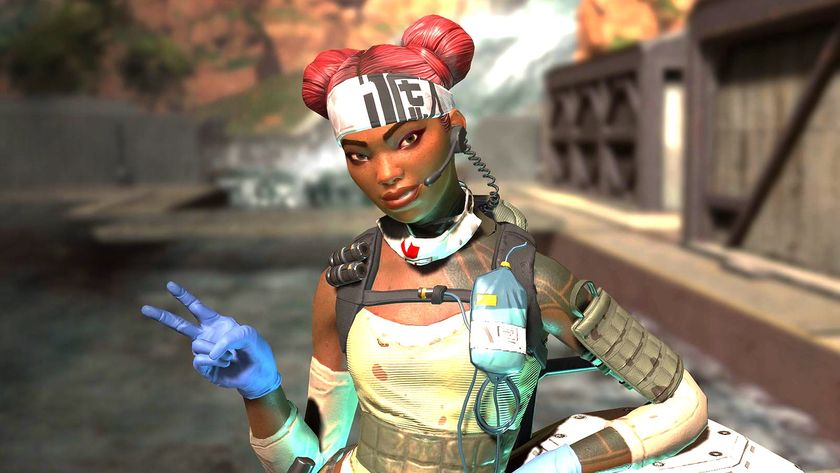
After 5 years, Apex Legends is going back to the beginning with a Fortnite-style mode letting you experience the launch version of the battle royale FPS
Most Popular






